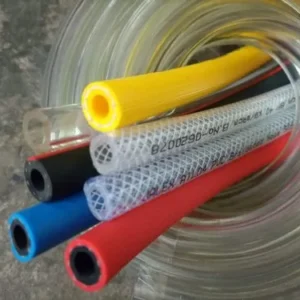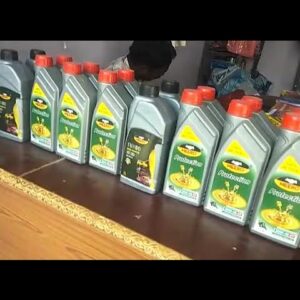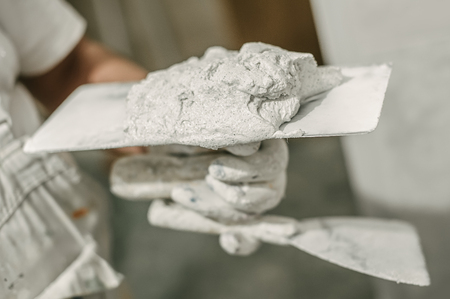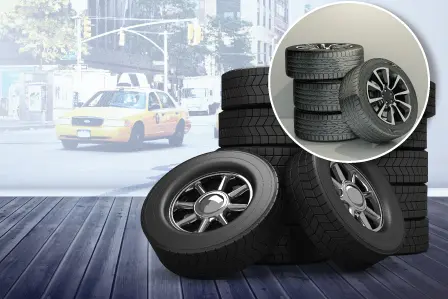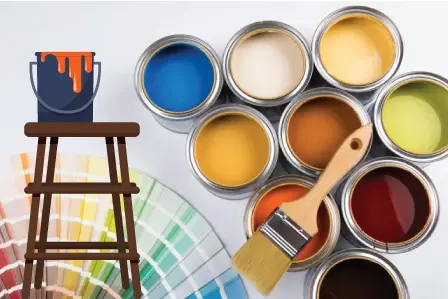Toughened glass, also known as tempered glass, is a safety glass that is heat-treated to increase its strength. It is used in applications where safety, durability, and reliability are required, such as in automotive windshields, construction windows, and mobile screens. The growing demand for toughened glass is largely driven by the increasing construction and automotive sectors. As safety standards continue to be a priority in these industries, the demand for toughened glass is expected to grow, offering a lucrative business opportunity.
Scalability and Profitability
The scale of production in toughened glass manufacturing can vary, ranging from small-scale businesses to large industrial units catering to national and international markets. The profitability is directly linked to the quality of the glass produced and the volume of orders from industries like construction, automotive, and electronics.
- Profitability: Profit margins can range between 20–30%. Specializing in high-demand segments like architectural glass or automotive glass can increase profit potential.
Subsidy Opportunities
Relevant Schemes and Departments:
- Ministry of MSME:
- Credit Linked Capital Subsidy Scheme (CLCSS): This scheme helps in acquiring high-tech machinery for producing toughened glass efficiently.
- Ministry of Housing and Urban Affairs:
- Supports glass manufacturers who cater to the construction industry, with possible benefits from subsidies related to building materials.
Eligibility Criteria for Subsidy
- Must be registered as an MSME or a large industry.
- Business must comply with the relevant safety and environmental norms related to glass manufacturing.
Project Cost and Subsidy Details
- Setup Cost: ₹50–100 lakhs depending on the scale of the manufacturing unit and technology used.
- Subsidy Amount: Can be up to 25% of the total project cost for machinery and technology upgrades.
How to Apply for Grants
Applications can be made through the
MSME Portal and other government schemes for infrastructure and construction materials.
Future Potential
The growing emphasis on safety and construction quality, particularly in high-rise buildings and automobiles, will continue to boost demand for toughened glass. Additionally, innovations in glass technology will open up new avenues in the automotive and electronics sectors.
To apply for the Food Processing Scheme, the following mandatory documents are required for new enterprises (Individuals/Firms) as outlined in the manual
1. PAN Card of concerned/all promoters.
2.Aadhaar Copy & Photo of all promoters/guarantors.
3. Address Proof: Any of the Officially Valid Documents (OVD) such as:
o Utility bill (not more than two months old) from any service provider (Electricity, telephone, post-paid mobile phone, piped gas, water bill).
o Property or Municipal tax paid receipt.
o Ration Card (Individual).
o Driving Licence
o Aadhaar Card.
o Voter ID Card.
4. Details of the site where the unit is to be established, including whether it is owned/rented/leased, along with proof (Lease/rent agreement should be for more than the loan repayment period).
5. Photocopy of Bank
6. Estimates and Quotation of all capital expenditure and machinery and equipment to be purchased. Statement/Bank Passbook for the last 6 months.
For existing enterprises with a turnover of less than 1 crore, similar documents are required, including PAN Card, Aadhaar, address proof, and site details.
If you need more specific information or additional documents, please let me know!






